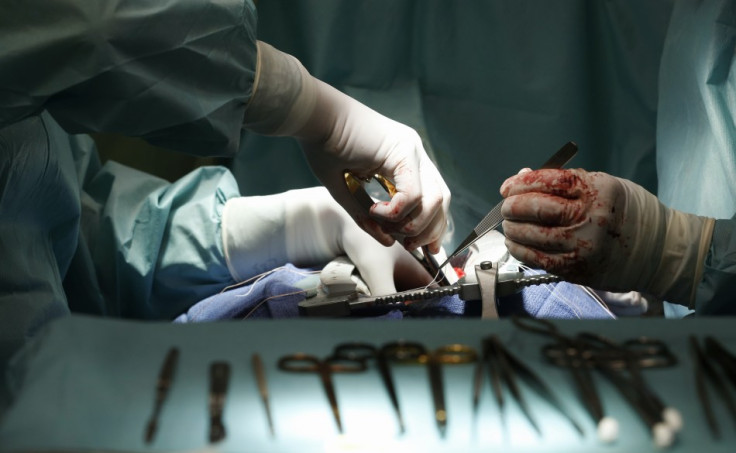Warwick scientists develop synthetic antifreeze to help preserve organs longer before transplant
The synthetic antifreeze will stop ice crystals from forming, keeping organs alive longer.

Researchers at the University of Warwick, Department of Chemistry and Warwick Medical School, have devised a method to keep organs of donors alive for longer durations to enable trouble-free transplants.
When human tissue faces sub-zero temperatures, it goes through irreversible damage caused by formation of ice crystals, the Scientist reports. According to the report, the cells "shrivel, collapse, blood vessels disintegrate, and extracellular matrices rip apart".
Human hearts and other organs like lungs, it is reported, are not kept frozen for this reason. They are kept in cold storage and can last in this stage for around four to five hours after which they are rendered dead and cannot be used for transplants.
The Warwick team has reportedly developed a method that can reduce the formation of ice crystals within tissue inspired by fish and other animals like frogs that use Anti-Freezing Proteins (AFP) to survive in icy conditions. The AFP works by binding itself to ice crystals, not allowing them to grow larger and solidify.
"The versatile synthetic and adaptable nature of these compounds will let us fine-tune the structure to both understand the ice/water interface and develop new inhibitors for (bio)technological applications," said lead researcher Professor Matthew Gibson.
The team at Warwick has developed a type of antifreeze that is based on iron structures that is a mixture of "water-loving and water-hating characteristics, which mimics the properties observed in AFPs", according to the university. This will, in turn, stop ice from crystallising and hardening effectively rendering the organ useless for transplant.
It was noted that if it were possible for donor organs to be preserved longer, it could pave the way for hospitals to create and keep organ banks similar to blood, stem cells, sperm, and egg banks. Prolonging the shelf life of human organs, perhaps indefinitely, is said to be the goal, and such antifreeze methods could make it possible.
When trials are to begin on human tissue is yet to be finalised and are likely to be far off, according to the report.
Apart from the preservation of human organs for transplants, there are a few other applications for the antifreeze property, including reducing ice build-up on wings of flights, according to the research team.
Ice crystallising on aeroplane wings at high altitudes is known to be quite dangerous and can cause crashes. Ice has a tendency to make subtle but significant changes to the shape of the wings and the body of aircraft, altering airflow and reducing lift flow. Effective antifreeze could limit this from happening, it is reported.
© Copyright IBTimes 2025. All rights reserved.





















